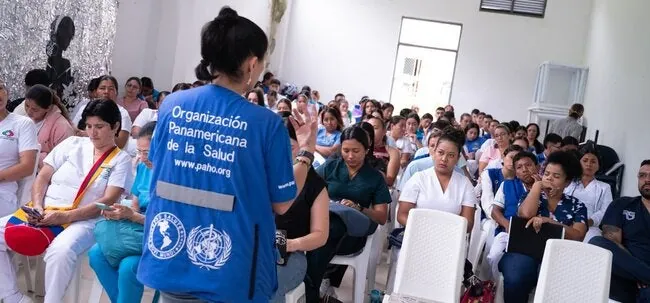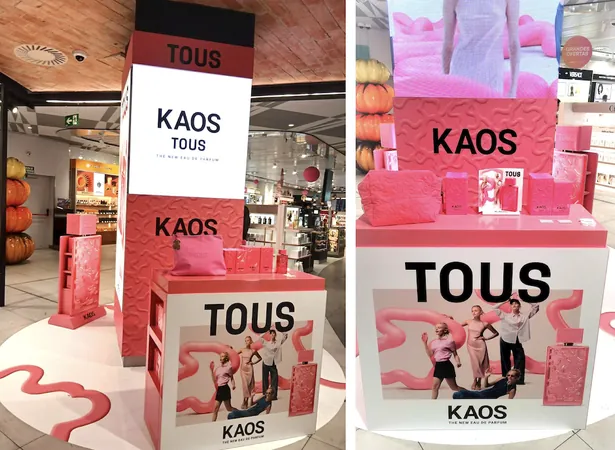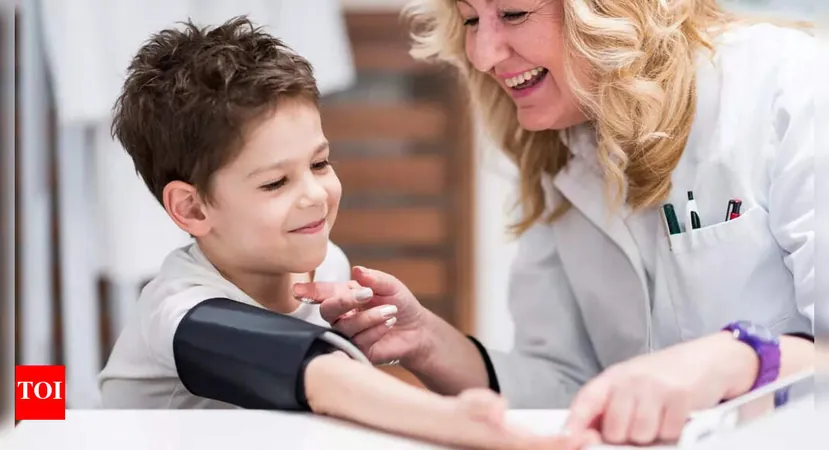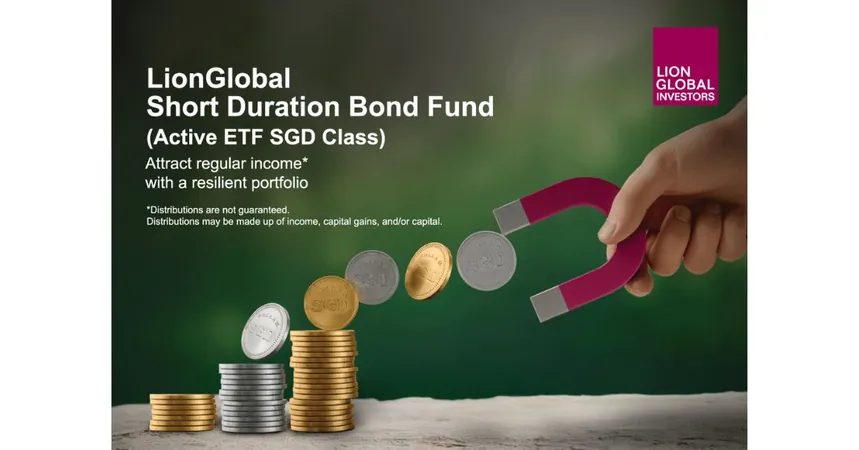
Battling Yellow Fever: How Empathy and Education Are Transforming Vaccination Efforts in Southern Colombia
2025-09-12
Author: Siti
In the heart of southern Colombia, nursing assistant Zahira Peralta treks through treacherous terrain, carrying a cooler full of vaccines and a powerful belief: each injection is a potential lifesaver. Amid an alarming outbreak of yellow fever, her relentless dedication shines as she traverses rural areas like Ataco.
The outbreak began in March 2025, with the first case surfacing in the remote village of Buena Vista, four hours from the nearest town. Municipal Secretary of Social Development and Health, Paulo Yesid Charry, quickly faced a daunting challenge. "The true battle isn't just against the virus; it’s against deep-rooted skepticism toward vaccination," he reveals. Cultural beliefs, enduring myths, and memories from past health crises have made convincing the community a struggle. Despite efforts to explain the stakes, many still refuse vaccination—a disheartening reality for health officials.
As cases surged weekly, mainly among the unvaccinated, public health organizations sprang into action. The Pan American Health Organization (PAHO) teamed up with local health authorities to train vaccinators in motivational interviewing techniques. They learned to foster open discussions, practice active listening, and respectfully engage those hesitant about vaccines, always leaving the door ajar for follow-up.
Fernando González, an International Immunization Advisor at PAHO, emphasizes, "When it comes to vaccinations, empathy is as vital as the science behind them. People must comprehend the vaccine's importance and trust it, which hinges on clear communication. Science presents the solution, but empathy invites people to embrace it."
The impact of this training was palpable. Zahira notes a surge in vaccination rates—after employing her newfound skills, coverage soared from 62% to 85%. In Mesa de Pole, she managed to reverse refusals in 70% of cases and shifted 9 out of 15 in Fortaleza.
Colleagues like Yamile Reyes echoed her sentiments, observing a notable shift in community responses post-workshop. "Conversations have opened up. Initially, a quick 'no' was the norm, but now, people express interest, ask questions, and are willing to engage. This strategy allows us to return and gently persuade them over time," she reports.
Surveys conducted after the training revealed significant gains in confidence among healthcare workers. The average confidence level rose from 4.27 to 4.73 out of 5, with an overwhelming 97.6% of participants reporting high confidence in community interactions. Nurses and doctors hailed the course as transformative, enabling them to effectively address concerns and win over patients.
Yellow fever, a serious viral threat transmitted by certain types of mosquitoes, can lead to severe symptoms and even death. While there's no specific treatment, a single dose of the vaccine offers lifelong protection—a crucial asset in the fight against this disease. Colombia has prioritized this vaccine for over 70 years, yet recent outbreaks have underscored the urgency for effective healthcare measures.
In response to the ongoing crisis, Colombia has launched extensive measures, including mosquito surveillance and community outreach to identify cases swiftly. As Secretary Charry passionately states, "Our resilience as a community will see us through this challenge. Through empathy and collaborative effort, we will emerge victorious against yellow fever."




 Brasil (PT)
Brasil (PT)
 Canada (EN)
Canada (EN)
 Chile (ES)
Chile (ES)
 Česko (CS)
Česko (CS)
 대한민국 (KO)
대한민국 (KO)
 España (ES)
España (ES)
 France (FR)
France (FR)
 Hong Kong (EN)
Hong Kong (EN)
 Italia (IT)
Italia (IT)
 日本 (JA)
日本 (JA)
 Magyarország (HU)
Magyarország (HU)
 Norge (NO)
Norge (NO)
 Polska (PL)
Polska (PL)
 Schweiz (DE)
Schweiz (DE)
 Singapore (EN)
Singapore (EN)
 Sverige (SV)
Sverige (SV)
 Suomi (FI)
Suomi (FI)
 Türkiye (TR)
Türkiye (TR)
 الإمارات العربية المتحدة (AR)
الإمارات العربية المتحدة (AR)